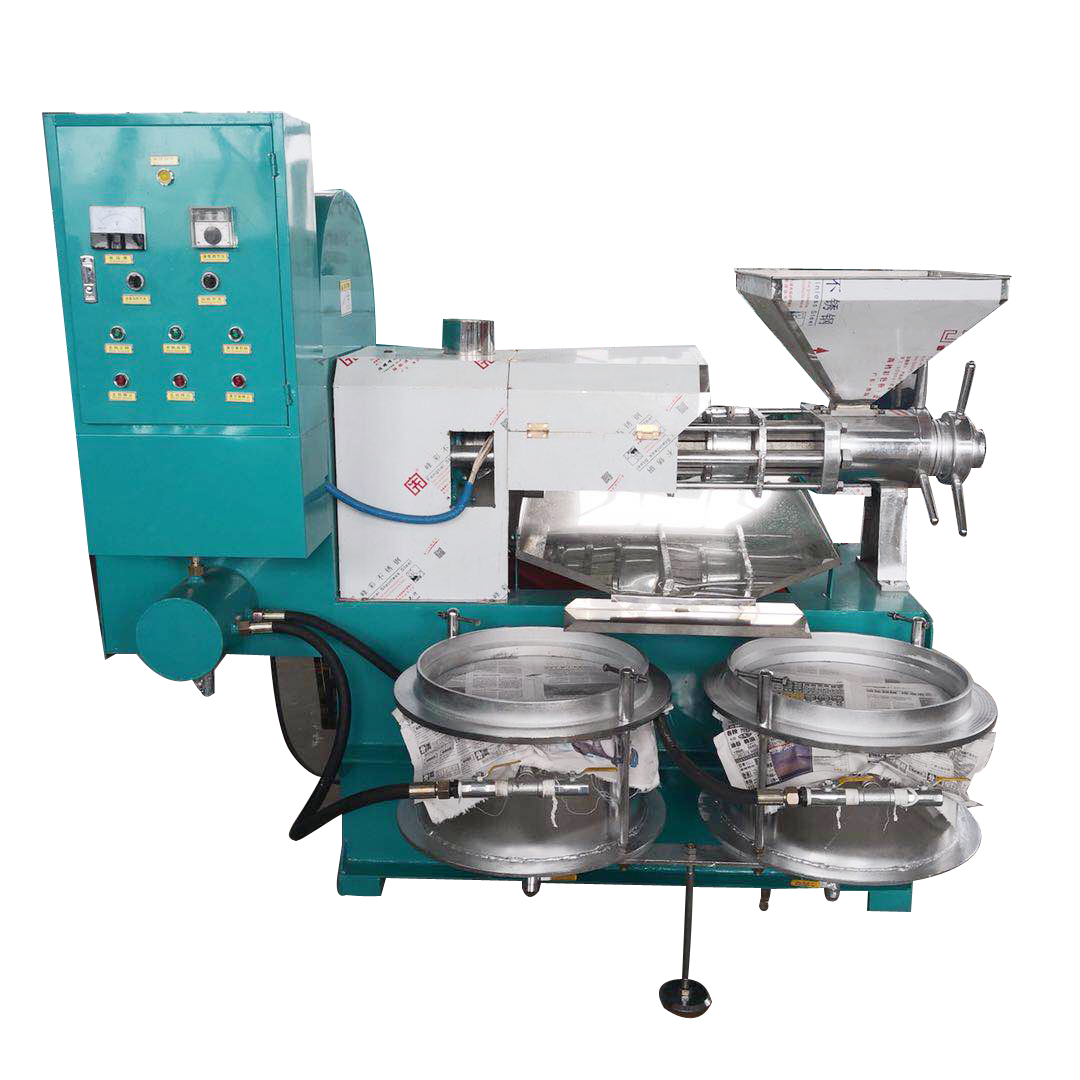
Author:Jintai网络部 Modified date:2024-4-5 8:09:51

In the cradle of the East Asian nation, where a complex blend of tradition and modernity shapes the tapestry of daily life, North Korea's agricultural sector stands as a testament to the unwavering spirit of its people. Amidst the challenges that beset the country's farming communities, one humble yet vital tool has been making waves: the sesame oil press machine.
The advent of this machinery marks a significant milestone in the agricultural progress of North Korea. Historically, the extraction of sesame oil has been a labor-intensive process, relying heavily on manual labor and traditional techniques passed down through generations. Farmers would painstakingly roast sesame seeds, then crush them by hand or with rudimentary tools, a process that was not only time-consuming but also limited in output.
With the introduction of sesame oil press machines, however, the landscape of North Korean agriculture has begun to shift. These machines, engineered for efficiency and durability, have revolutionized the production of sesame oil, a commodity deeply embedded in the culinary and medicinal traditions of the region.
The impact is multifaceted. Economically, the increased efficiency has led to a boost in productivity, allowing farmers to meet the growing demand for sesame oil both domestically and in export markets. This surge in production has translated into a more substantial income for many rural households, lifting some out of poverty and fostering a cycle of reinvestment into the community.
Socially, the adoption of these machines represents a step towards modernization and technological advancement, which is crucial for any nation striving to improve its agricultural sector. It offers an opportunity for young people to engage with agriculture in a new light, possibly attracting a new generation of farmers keen on working with technology.

Moreover, the environmental implications are noteworthy. The sesame oil press machines are designed to minimize waste, ensuring that every part of the sesame seed is utilized, from the oil itself to the residual cake that can serve as an animal feed or fertilizer. This cycle of resourcefulness aligns with the principles of sustainable farming, a concept that is increasingly important in a world grappling with the effects of climate change.
However, the journey has not been without its trials. The penetration of such technology into North Korea's isolated economy presents logistical challenges, including the availability of spare parts, maintenance expertise, and the need for training among users. Furthermore, the North Korean government's strict regulations and policies can sometimes impede the widespread adoption of foreign technology.
Despite these hurdles, the relentless spirit of North Korean farmers, coupled with their sweat and determination, continues to push forward. The sesame oil press machines stand as a symbol of hope and progress, a testament to what can be achieved when tradition and innovation converge.
As the sun sets over the fields of North Korea, it paints a picture of perseverance – a landscape dotted with the vibrant green of sesame plants and the metallic shimmer of oil press machines. In this realm of hard work and hope, the future of North Korean agriculture seems poised for a brighter tomorrow, all thanks to the simple yet transformative power of the sesame oil press machine.
Prev :
Empowering Progress: The Impact of Small Mobile Oil Press Machines on the Korean Soy Industry
Next :
Redefining Mongolian Industry: The Power of Flax Oil Press Machine in Achieving Unprecedented Success